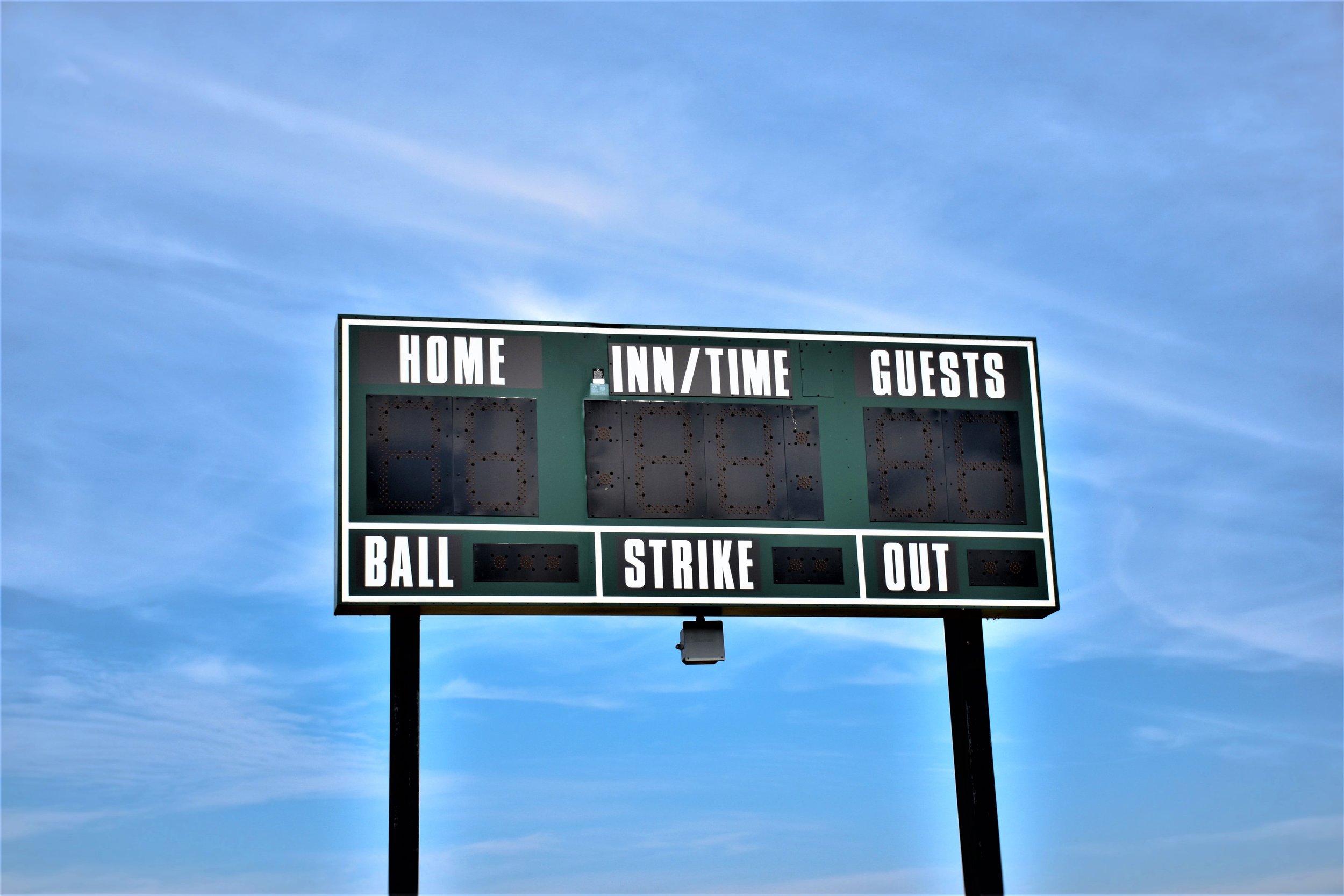Create an interview scorecard for better hiring decisions
Ninety-five percent of business leaders say hiring and retaining talent is one of their top three priorities, but only 20% report having very mature talent strategies 1. Making the wrong hiring decision can be costly - as much as “30% to 50% of their salary – or more” 2. How can hiring managers make better recruitment decisions?
The wrong hiring decisions are self-inflicted.
Unconscious bias, implicit bias and stereotypes can derail hiring decisions. Some companies try to combat this by making people aware of their biases so that they can be more objective. This isn’t enough. Traditional interviews make it “more likely we hire someone in our image, the “mini-me” cognitive error. We can’t help it, however much we feel we’re objective” 2. Without objective tools to overcome these biases, making the wrong hiring decisions are self-inflicted. People need tools to help them catch biases they can’t see.
What is an interview scorecard, and why do you need one?
An interview scorecard is a qualitative tool to help you better compare interviewees against each other. It can help you validate your perceptions with other interviewers while pinpointing rankings that dramatically differ to help decision-makers identify potential biases.
A scorecard isn’t a job description or a laundry list of requirements — such as ‘must have ten years of sales experience, a master’s degree in communications, SCRUM master’, etc. It’s a standardized way of qualifying and grading a potential candidate.
How to create and use a scorecard
When done correctly, interview scorecards can help you level the playing field, improve interviewer accuracy and make better hiring decisions over time.
Step 1: Write down essential criteria
To create an interview scorecard, write down at least five criteria essential to the job. Instead of a list of qualifications, consider the skill and characteristics needed to execute the day-to-day task. For example, suppose the new hire is responsible for creating new product lines and finding the right balance between opportunity and market potential. In that case, the ability to ask insightful questions might be a good predictor of success. Other characteristic examples may include emotional intelligence for a manager-level role, ambitiousness for a business and sales-driven or problem-solving abilities for a strategic position.
Step 2: Validate your criteria
Ask your colleagues about the characteristics of successful people in the role. There will be different opinions. Take the time to discuss and debate them - everyone must agree before the interview process starts.
Step 3: Give candidates a ranking out of 10
During the interview, ask at least one interview question to target each criterion and give the candidate a ranking. Scoring should be a 1–10 rating scale, with 9 and 10 being exceptional. People who score 7 or 8 have great potential and should be considered, while anyone below a seven shouldn’t.
Step 4: Compare your scoring accuracy
After the interview, compare your score sheet against those of your colleagues. Discuss and debate your score to improve your interviewing accuracy as an individual and team. You might learn you’re great at assessing individuals for communication but terrible at determining leadership skills.
Download our CandidateFit Rating Framework
Are you still figuring out where to start? Don't worry; we've got you covered. Download our free CandidateFit Rating Framework and kick-start your recruitment toolbox. This framework will provide valuable insights and tools to evaluate candidates and make informed hiring decisions effectively. Take advantage of this resource to develop your own customized rating system and optimize your recruitment process. Download our CandiateFit Rating Framework now and unlock the potential for successful hiring.
Conclusion
Developing objective tools to improve your hiring accuracy and make more accurate decisions is crucial. An interview scorecard can help you make more objective decisions during the interview, help you compare your perceptions with colleagues, and become a better interviewer over time. By reviewing hiring decisions against the scorecard six months to one year down the road, interviewers can “hold themselves accountable for becoming better interviewers over time”.
References:
40 Ideas to Shake Up Your Hiring Process by Joseph Fuller, Nithya Vaduganathan, Allison Bailey, and Manjari Raman, Harvard Business Review, January 16, 2023
When Hiring, Prioritize Assignments Over Interviews by Geoff Tuff, Steve Goldbach, and Jeff Johnson, Harvard Business Review, September 27, 2022
Recruit Rockstars, The 10-Step Playbook to Find the Winners and Ignite Your Business, by Jeff Hyman
A Scorecard for Making Better Hiring Decisions by Ben Dattner, Harvard Business Review, February 04, 2016eff Hyman
Photo by Ray Shrewsberry on Unsplash

